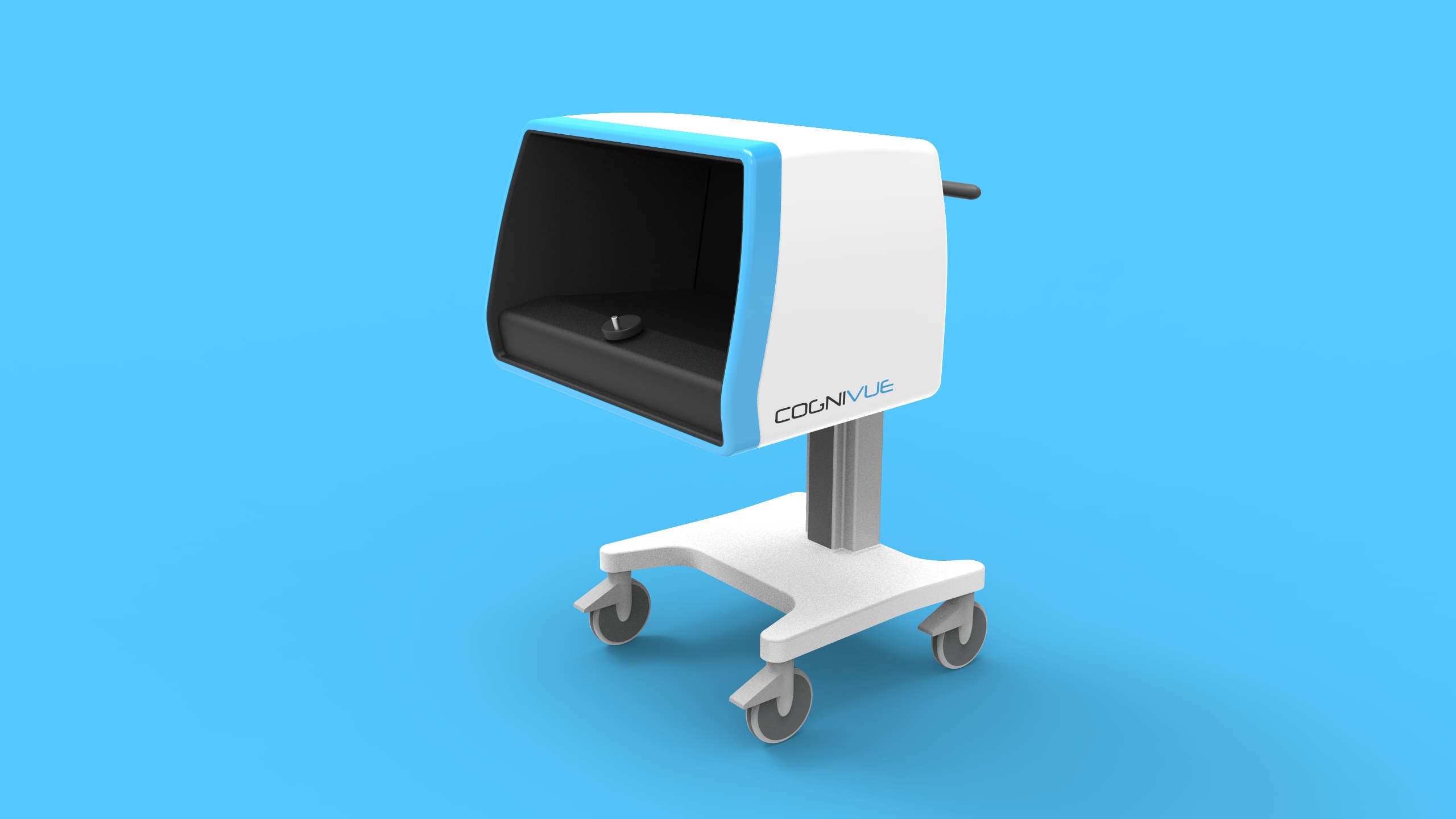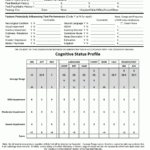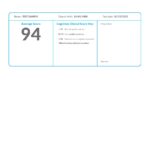Cognivue® is the world’s first FDA-cleared computerized test of cognitive function. It is based on years of research focusing on early detection of late-life cognitive decline (LLCD) and dementia.
Upon completion of a 10 minute test, Cognivue immediately generates a one-page, easy-to-interpret report with a single clinical score. Using the patient’s score, physicians are able to create a customized plan with patients and their families for a continued course of action if needed. The clinical score can also be used as a baseline for future comparison.




